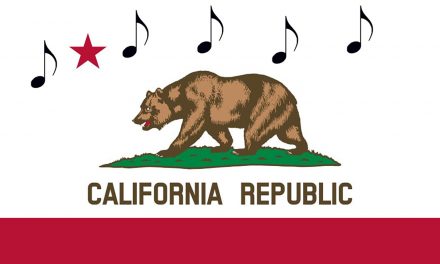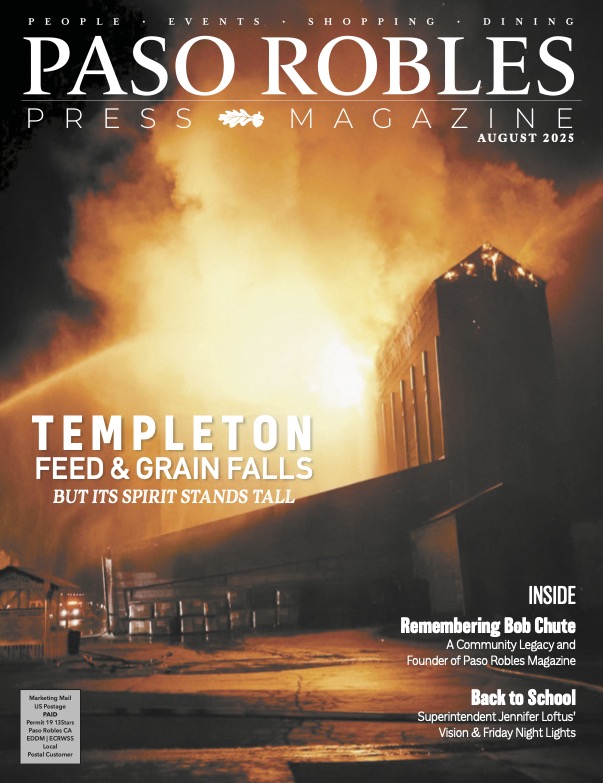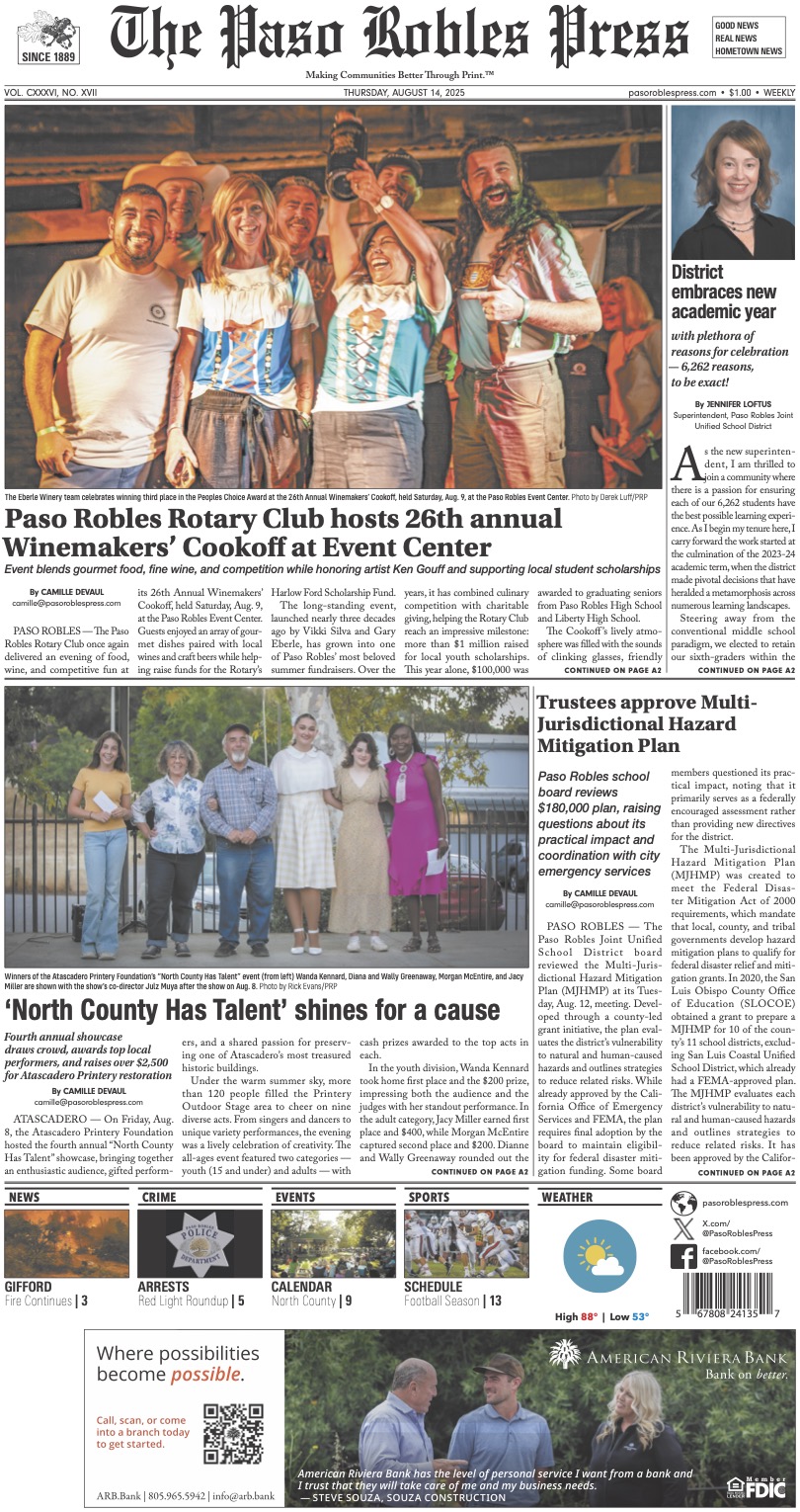SACRAMENTO — In partnership with the California Department of Fish and Wildlife (CDFW) and before a virtual audience of family members and friends, California State Parks graduated nine cadets to park rangers in a ceremony held earlier this month by the CDFW Academy.
The new rangers will join the 33 rangers and eight lifeguards who graduated in July 2020 from State Parks’ Basic Visitor Services Training (BVST) Academy.
“Serving the public as a ranger or lifeguard in California’s State Park System is a privilege of a lifetime,” said State Parks Director Armando Quintero. “Even amid the COVID-19 pandemic and wildfires that continue to affect our beautiful state, these new field rangers and lifeguards joined the frontlines of society in providing life-saving and life-protection services for the public. Congratulations and welcome.”
Here is the distribution of rangers and lifeguards from this year’s academies and which park districts they have been placed in:
- Angeles – 5
- Bay Area – 1
- Central Valley – 5
- Channel Coast – 2
- Colorado Desert – 2
- Diablo Range – 1
- Gold Fields – 3
- Great Basin – 4
- Inland Empire – 5
- Monterey – 2
- North Coast Redwoods – 1
- Northern Buttes – 2
- Oceano Dunes – 4
- Ocotillo Wells – 4
- Orange Coast – 3
- Santa Cruz – 4
- Sonoma-Mendocino Coast – 2
For more than 150 years, rangers and lifeguards have worked closely with the state’s network of local, state and federal law enforcement agencies to provide police protection services within state park units and surrounding communities, and to protect natural, cultural and historical resources for future generations.
With 280 park units, California has the largest state park system in the nation. These units are split into 21 park districts and four divisions (Northern, Central, Coastal and Desert). To date, more than 500 employees serve as rangers or lifeguards under the classification of a state park peace officer.
Before becoming a ranger or lifeguard, individuals need to be accepted into State Parks’ BVST Academy. Cadets are trained for nine months. Training includes lessons in interpersonal communication, physical arrests, conducting investigations, search and rescue activities, defensive tactics, de-escalation and firearms use.
Cadets are also trained in visitor assistance, public education and interpretation, park resource protection and management, and first aid. Academy instruction prepares the cadets mentally, morally, emotionally and physically to enter and complete the Field Training Officer’s Program, which is comprised of 13 more weeks of on-the-job training.
Whether patrolling in desert landscapes and lakes, among wildlife and wildflowers, or in museums or historic landmarks, it is truly a unique experience to work for California State Parks. To find out what it takes to become a park ranger or lifeguard, visit LiveTheParksLife.com.













